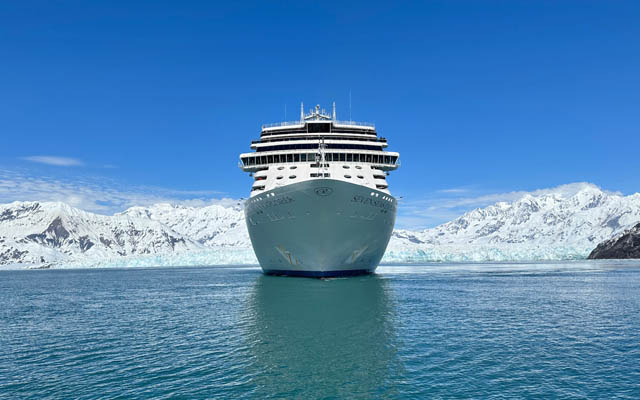Japan’s release of treated water from the Fukushima No.1 nuclear power plant into the ocean has caused concern among some potential travellers from China, South Korea and other neighbouring markets, but bookings from most countries are largely unaffected, say inbound agents.
The water became contaminated following damages to the plant during the Great East Japan Earthquake and Tsunami in 2011, and was subsequently filtered but still contains tritium, a radioactive isotope of hydrogen. Operator TEPCO began diluting the water and releasing it on August 24, following the International Atomic Energy Agency’s conclusion that the diluted water met international standards, despite objections raised at home and abroad.

A representative of an inbound travel agency that declined to be named said TEPCO’s move has already resulted in some cancellations by Chinese tour groups for Japan’s autumn leaves season. Other Chinese tour groups that were due to book had changed their country destination, the spokesperson added.
Still, most markets have shown no intention of changing their plans and pent-up demand for Japan remains high.
“We don’t expect the upcoming autumn peak season to be affected at all. In fact, this autumn is looking like one of our busiest ever, on a par with 2019,” James Munday, spokesperson of travel agent of InsideJapan Tours, told TTG Asia.
And, although there have been “a few concerns from a handful of customers” about trips to Fukushima, Munday said his company has seen no cancellations for travel to Japan and “would be surprised to see any,” adding that the company “will continue to promote the Tohoku region to those who want to discover a quieter Japan”.
Naomi Mano, president and CEO of high-end inbound travel firm Luxurique, also told TTG Asia that her clients have so far expressed “no concerns” about the release of the water.
Trade players outside of Japan share similar optimism about demand for the destination.
Hellen Xu, CEO of Panorama JTB Tours Indonesia, said enquiries and bookings for Japan are still streaming in, and none of her clients have cancelled.
“Japan recently organised the Japan Travel Fair (in Jakarta), and the show was a hit,” said Xu. “Japan is our second biggest destination after Europe, and as we have projected earlier, bookings for the rest of the year is very good.”
Xu said bookings for the 2024 sakura season are not yet established, but some dampened demand could be expected since the Muslim fasting month and Lebaran holidays would be just a month away. Instead, she expects Indonesian bookings for Japan to look good in 2H2024.
Apple Vacations Malaysia’s co-founder and group managing director, Koh Yock Heng, said winter tour bookings with fixed departures to Hokkaido and Tohoku regions this December has seen a small two to three per cent cancellation so far.
“We understand that seafood may be a concern for some (travellers), but we provide a variety of menu options that include chicken and beef, as this will also cater to different preferences and dietary requirements,” he said.
Japan, meanwhile, is trying to mitigate any potential damage to inbound markets.
During its participation in Malaysia’s leading outbound consumer travel event, MATTA Fair, Japan National Tourism Organization (JNTO) distributed brochures produced by Japan’s Ministry of Economy, Trade and Industry to reassure potential visitors that it was safe to consume Japanese seafood.
A source from JNTO Kuala Lumpur office told TTG Asia that there were few tour cancellations reported by agent partners in Malaysia, indicating continued travellers’ confidence in Japan’s safety measures.
Taichiro Ishida, marketing manager, Suruga Market!ng & Tour!sm Bureau, told TTG Asia that Japan is taking responsibility for the outcomes of choosing to use nuclear power as an energy source, and is doing what is needed to ensure a safe release of waste water.
He believes that “most tourists will (continue to visit Japan)”.
A JNTO spokesperson said the Japan Tourism Agency will support the promotion of blue tourism and the charms of the ocean in regions rumoured to be polluted by water discharge, such as Iwate, Miyagi, Fukushima, and Ibaraki prefecture, and will work on countering these rumours.
Commenting on the water release, Taro Kono, state minister of consumer affairs, told reporters that he hoped Chinese visitors to Japan who eat sushi and sashimi would “return home and say ‘Japanese seafood is delicious’”.
Videos in Chinese that promote the safety of Japanese seafood are being planned, according to Japan’s Consumer Affairs Agency. – Additional reporting by Mimi Hudoyo, S Puvaneswary and Rachel AJ Lee


















